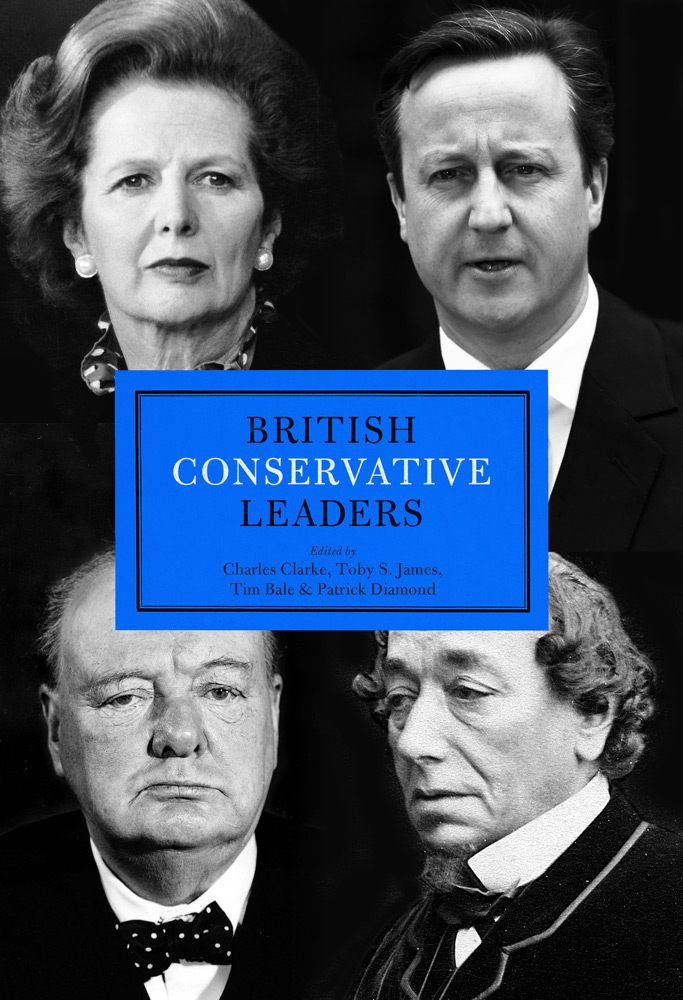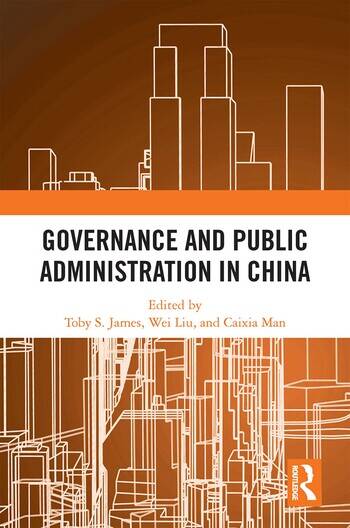







Books
- (2025, in development) What is Electoral Integrity? Reconceptualising Election Quality in an Age of Uncertainty (Cambridge University Press), with Holly Ann Garnett.
Further information to follow.
- (2025, in development) Oxford Handbook of Electoral Integrity (New York: Oxford University Press), with Holly Ann Garnett.
Further information to follow.
- (2023) Elections in Emergencies and Crises: Lessons for Electoral Integrity from the Covid-19 Pandemic (International IDEA: Stockholm), with Alistair Clark and Erik Asplund.
Elections often have to be held in emergency situations. The Covid-19 pandemic was one of the most serious emergency situations that the world has seen. The rapid spread of the virus presented a huge humanitarian threat—but also an unparalleled challenge to electoral stakeholders globally seeking to protect electoral integrity during times of uncertainty. This volume identifies how the pandemic affected electoral integrity, what measures were put in place to protect elections and what worked in defending them. It brings together a comprehensive set of 26 country case studies to explore how elections were affected on the ground, what measures were put in place and what worked. These case studies are of elections which took place in the eye of the storm when practitioners and policymakers were operating under uncertainty and without the benefit of hindsight.
To learn lessons in a more systematic way, this volume also provides a thematic analysis of electoral integrity during the pandemic using crossnational studies. This provides the big picture for policymakers, practitioners and academics looking back at the crisis. The volume therefore seeks to contribute towards the future development of policy and practice. However, it does so by using academic research methods and concepts which enable greater confidence in the policy lessons, as well as contributing directly to the scholarship on democracy, democratization and elections. The volume includes 11 areas of recommendation based on the evidence collected in this volume to protect electoral integrity in any future emergency situation.
- (2023) Governance and Public Administration in China (Routledge: New York and London), with Wei Liu and Caixia Man.
China has traditionally been held up around the world as the archetype of centralised governance and a top-down system of public administration. But to what extent does this remain true of modern China? This book provides an updated perspective on modern China through a series of cutting edge, original studies focusing on public administration in China.
The book opens with an overview of the key political institutions and the evolution of public administration research in China, followed by two distinct sections. Part I contains studies focusing on power, governance, and administration. Part II focuses on ‘what works’ in solving wicked problems in Chinese society. The volume shows that China has seen some localisation and decentralisation, alongside experiments with collaboration and networked-based policy making. However, the system of governance and public administration remains innately top-down and centralised with the centre holding strong policy levers and control over society. As the pandemic revealed, this statist approach provided both governing opportunities and disadvantages.
- (2022) The Trump Administration: The President’s Legacy Within and Beyond America (Routledge: London and New York).
The Trump presidency has been one of the most eventful and controversial in American history, with consequences for the governance and policy of the US and beyond. While Trump left office claiming a long list of ‘Trump Administration Accomplishments’, his time in office was also marked by a hailstorm of criticism. But beyond the sensationalist tweets and news stories, what policy effects did he bring?
This volume provides an extensive and authoritative set of studies evaluating Donald Trump’s impact on American society and beyond. It provides a new layered framework for assessing the policy impact of leaders, which can be used for understanding presidential and prime ministerial leadership more widely. Chapters explore his impact on American democracy, Congress, the Supreme Court, the economy, the COVID-19 pandemic, the environment, American soft power, the international system and more.
- (2020) Comparative Electoral Management (Routledge: London and New York).
This book offers the first comparative monograph on the management of elections.
The book defines electoral management as a new, inter-disciplinary area and advances a realist sociological approach to study it. A series of new, original frameworks are introduced, including the PROSeS framework, which can be used by academics and practitioners around the world to evaluate electoral management quality. A networked governance approach is also introduced to understand the full range of collaborative actors involved in delivering elections, including civil society and the international community. Finally, the book evaluates some of the policy instruments used to improve the integrity of elections, including voter registration reform, training and the funding of elections. Extensive mixed methods are used throughout including thematic analysis of interviews, (auto-)ethnography, comparative historical analysis and, cross-national and national surveys of electoral officials.
- (2020) Building Inclusive Elections (Routledge: London and New York), with Holly Ann Garnett.
lections around the world are plagued with the problem of unequal levels of participation. This can have profound consequences for election results, representation and policies. This book focuses on the interventions that can be used to redress the turnout gap and other inequalities within the electoral process.
The book defines the concept of inclusive voting practices to refer to policy instruments which can reduce turnout inequality between groups and mitigate other inequalities within the electoral process. Studies from around the world then examine how policies can affect inclusivity on election day. This includes research on enfranchising felons and migrant communities; compulsory voting; voter ID requirements; voter registration practices; investment in electoral management; gendered electoral violence; accessible voting practices; and overseas voting. As a result, this book will be of interest to scholars of democracy, democratic theory and elections, as well as having major policy implications worldwide.
- (2015) British Labour Leaders (Biteback: London, with Charles Clarke).
As the party that championed trade union rights, the creation of the NHS and the establishment of a national minimum wage, Labour has played an undoubtedly crucial role in the shaping of contemporary British society. And yet, the leaders who have stood at its helm – from Keir Hardie to Ed Miliband, via Ramsay MacDonald, Clement Attlee and Tony Blair – have steered the party vessel with enormously varying degrees of success.
With the widening of the franchise, revolutionary changes to social values and the growing ubiquity of the media, the requirements, techniques and goals of Labour leadership since the party’s turn-of-the-twentieth-century inception have been forced to evolve almost beyond recognition – and not all its leaders have managed to keep up.
This comprehensive and enlightening book considers the attributes and achievements of each leader in the context of their respective time and diplomatic landscape, offering a compelling analytical framework by which they may be judged, detailed personal biographies from some of the country’s foremost political critics, and exclusive interviews with former leaders themselves.
An indispensable contribution to the study of party leadership, British Labour Leaders is the essential guide to understanding British political history and governance through the prism of those who created it.
- (2015) British Conservative Leaders (Biteback: London), with Charles Clarke, Tim Bale and Patrick Diamond.
As the party that has won wars, reversed recessions and held prime ministerial power more times than any other, the Conservatives have played an undoubtedly crucial role in the shaping of contemporary British society. And yet, the leaders who have stood at its helm – from Sir Robert Peel to David Cameron, via Benjamin Disraeli, Winston Churchill and Margaret Thatcher – have steered the party vessel with enormously varying degrees of success.
With the widening of the franchise, revolutionary changes to social values and the growing ubiquity of the media, the requirements, techniques and goals of Conservative leadership since the party’s nineteenth-century factional breakaway have been forced to evolve almost beyond recognition – and not all its leaders have managed to keep up.
This comprehensive and enlightening book considers the attributes and achievements of each leader in the context of their respective time and diplomatic landscape, offering a compelling analytical framework by which they may be judged, detailed personal biographies from some of the country’s foremost political critics, and exclusive interviews with former leaders themselves.
An indispensable contribution to the study of party leadership, British Conservative Leaders is the essential guide to understanding British political history and governance through the prism of those who created it.
- (2012) Elite Statecraft and Election Administration (Palgrave: Basingstoke)
The way in which elections are run is changing, as radical reforms or experiments have been introduced across the world. This book establishes why election administration might be used by political elites to win and maintain power. It identifies the role of elite interests in shaping election administration in USA, UK and Ireland.
